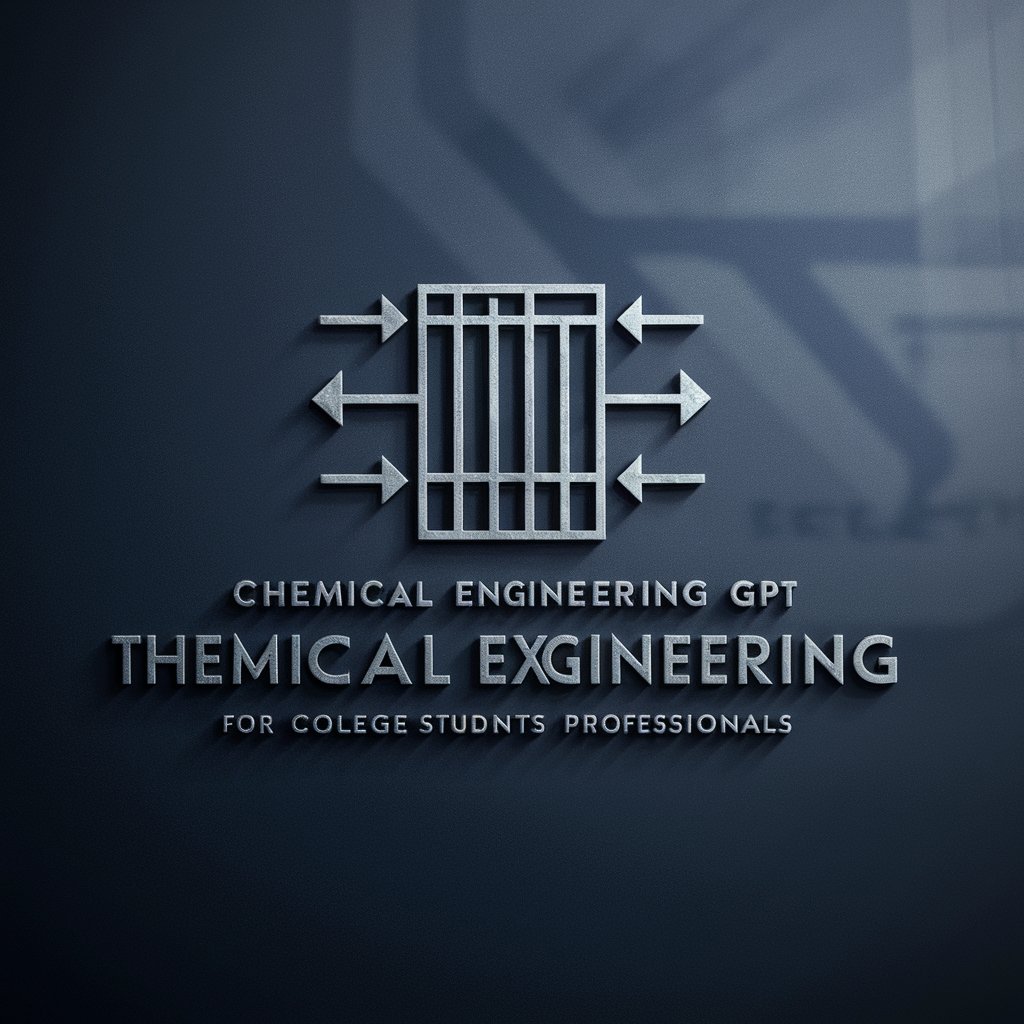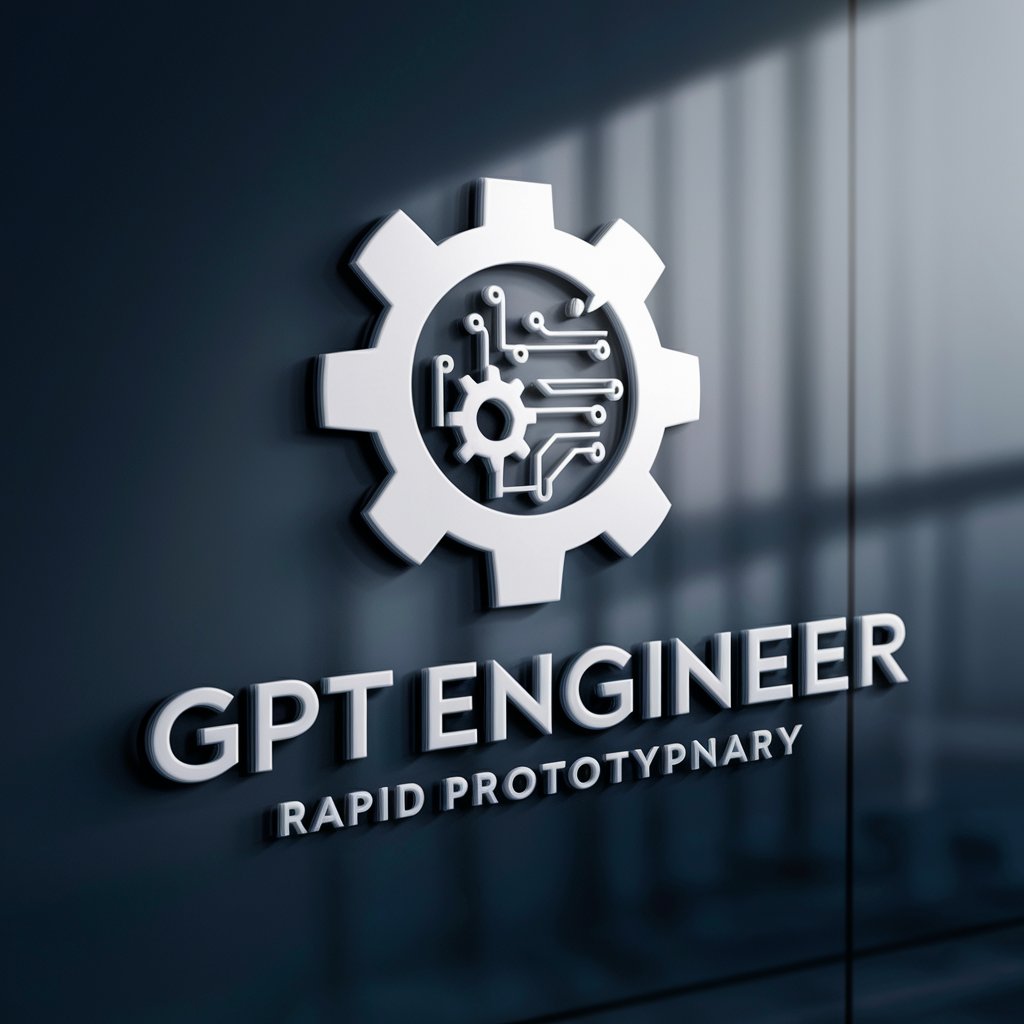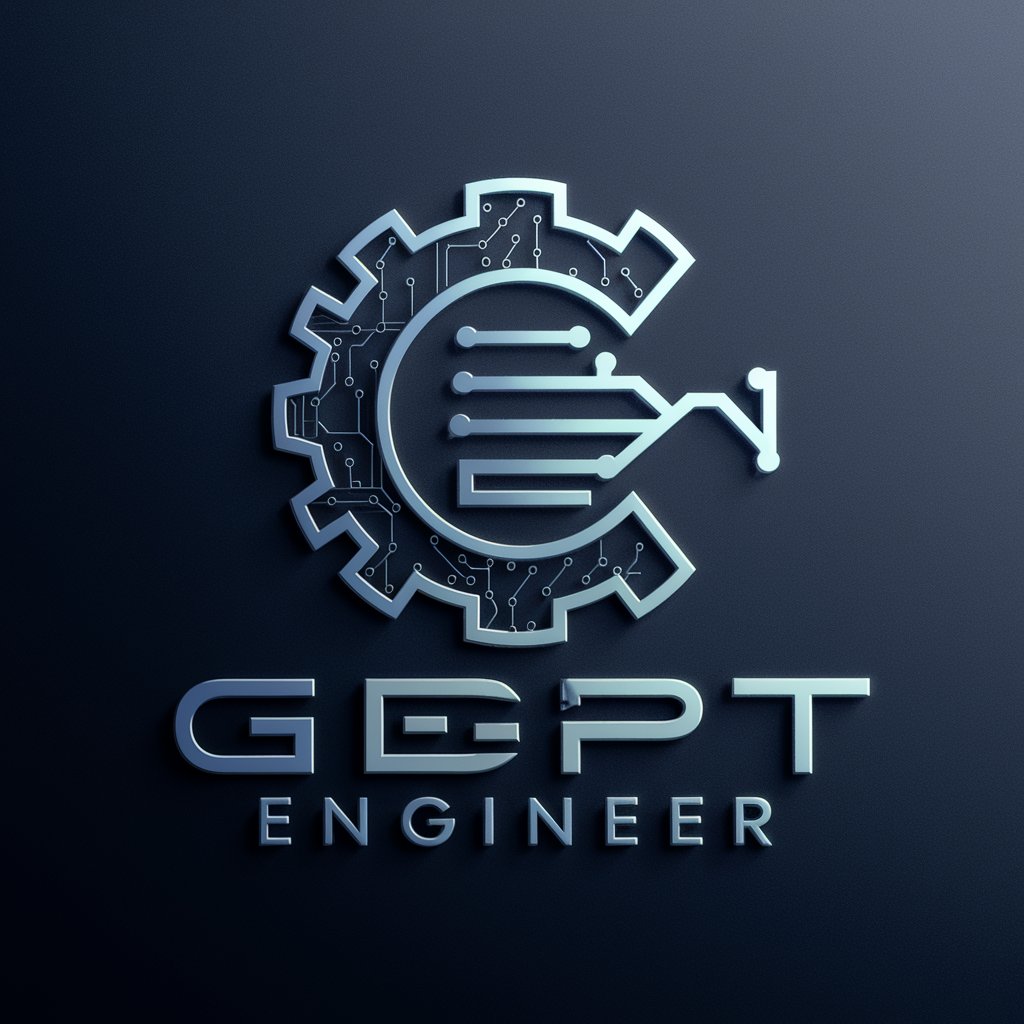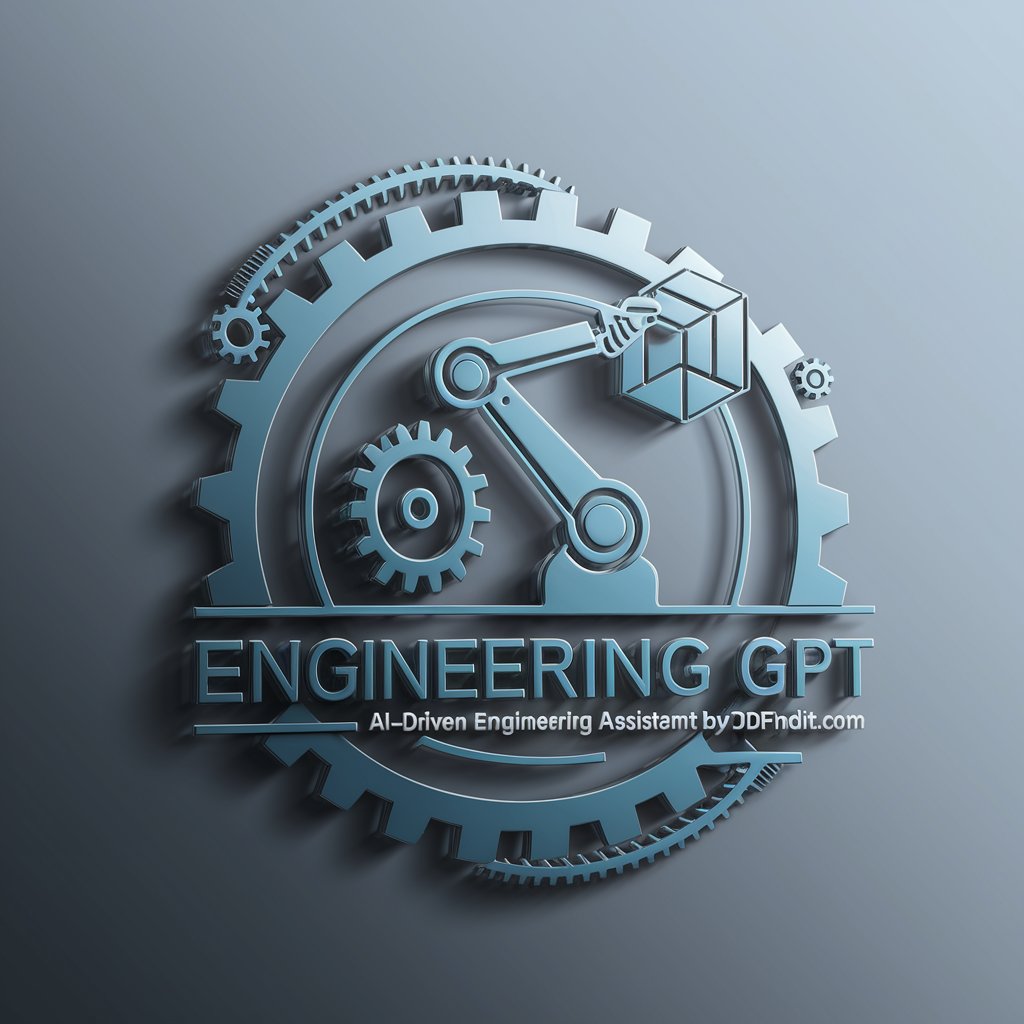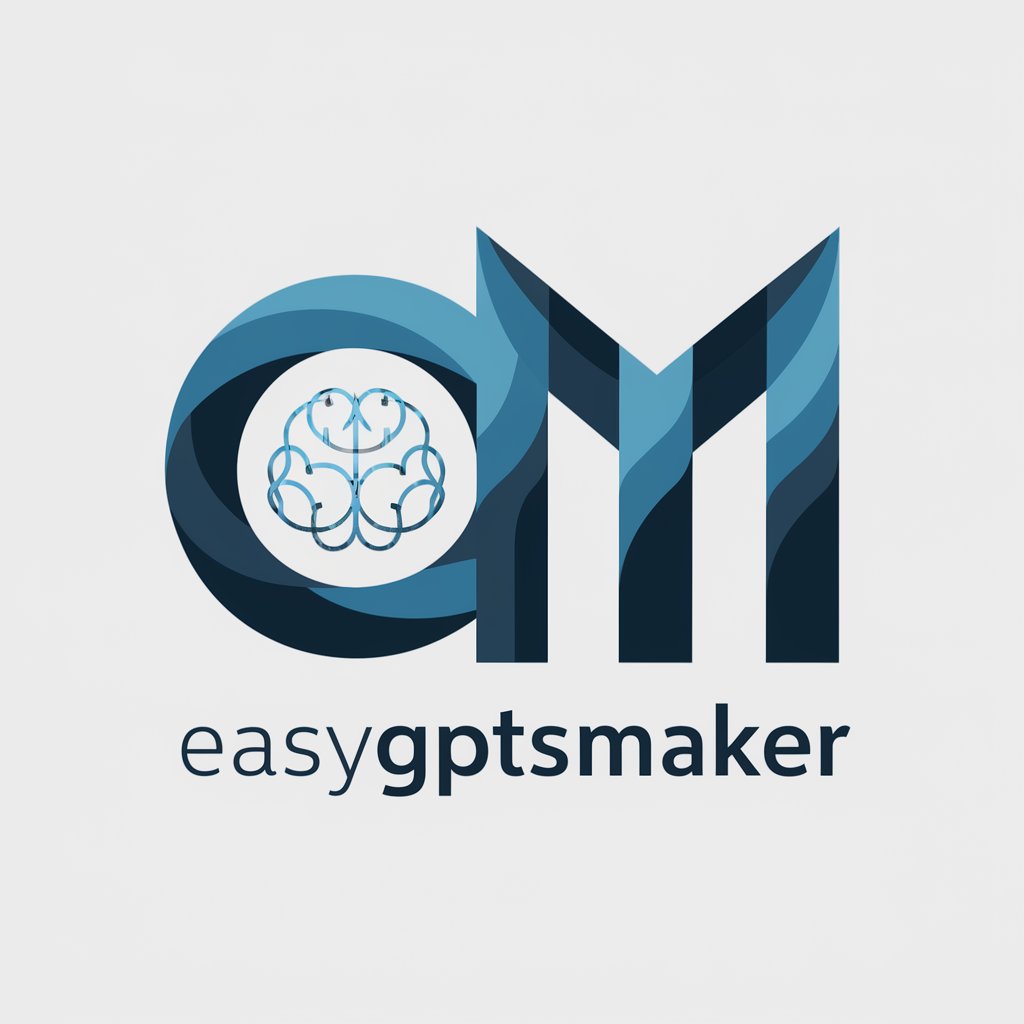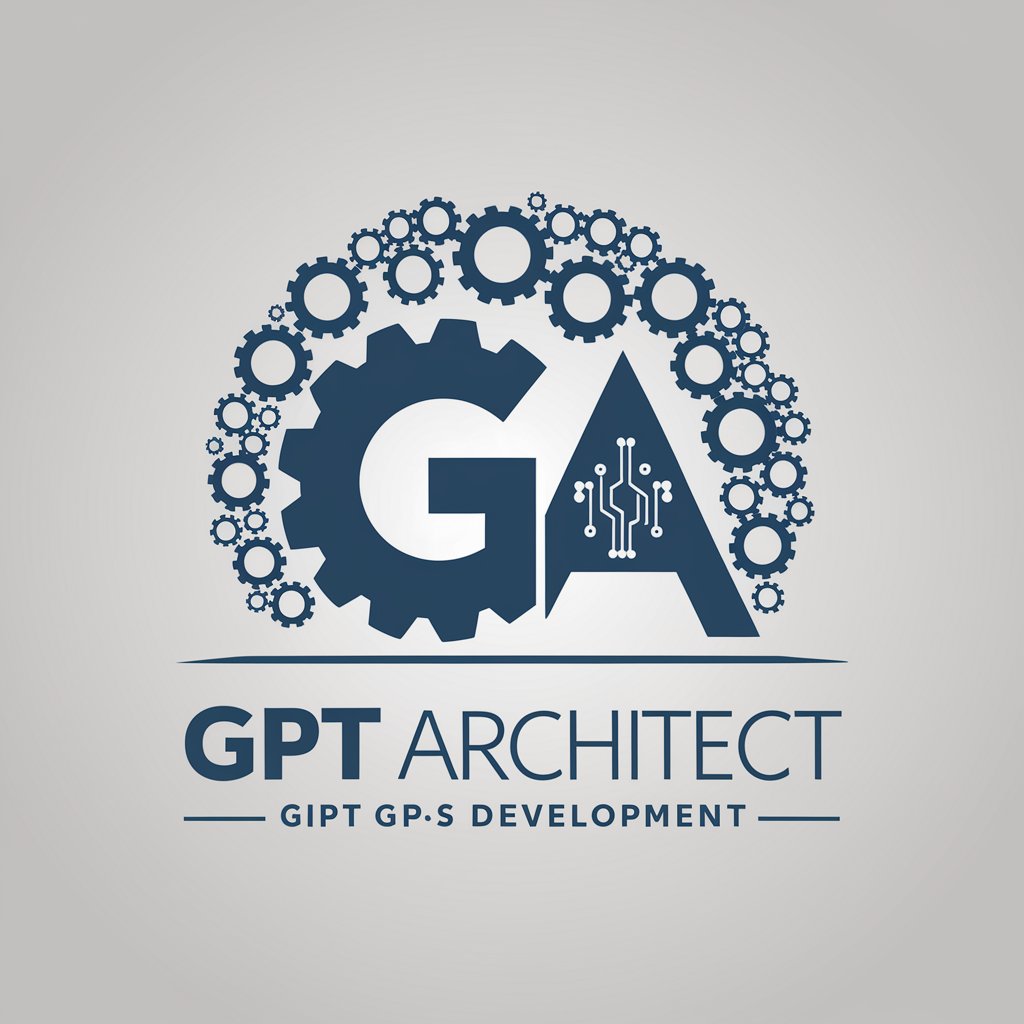
Pelles GPT for MEP engineers - MEP Engineering Assistant
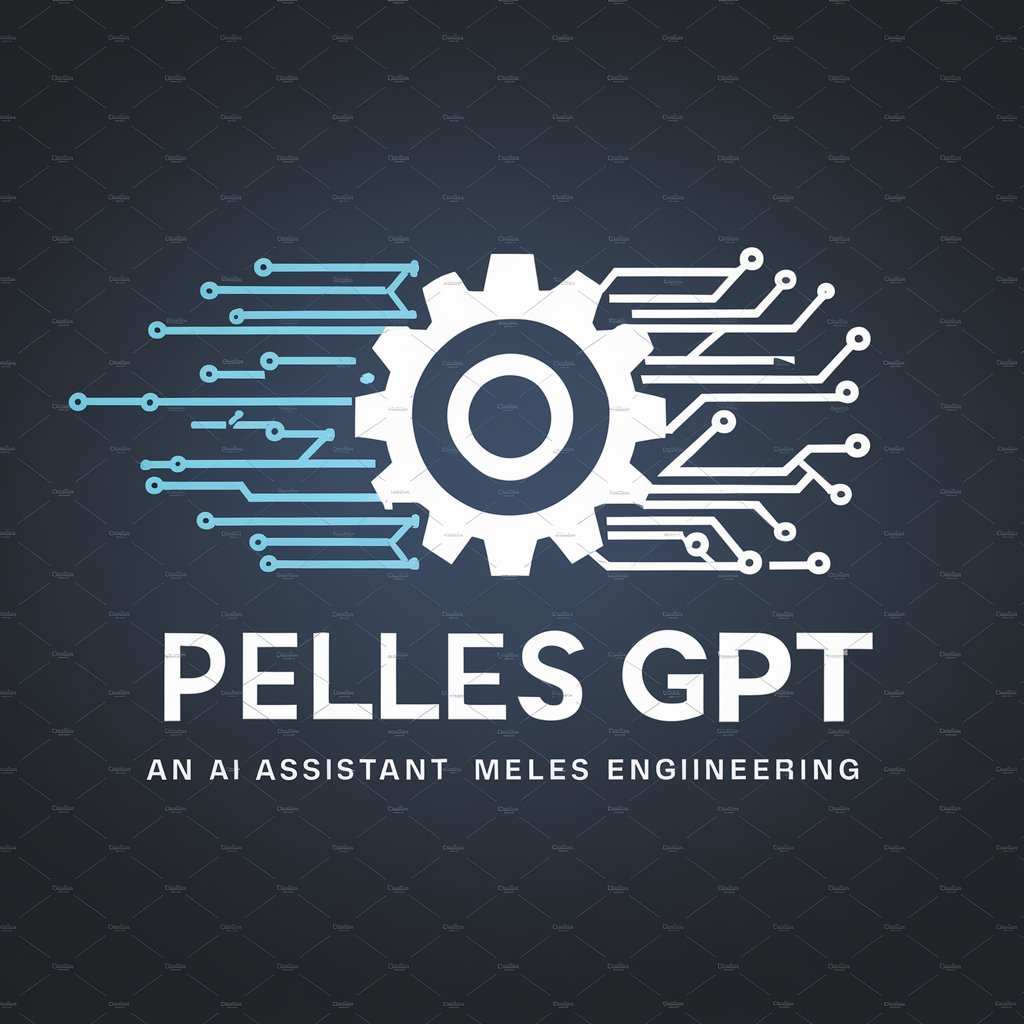
Welcome! How can I assist you with your MEP engineering project today?
AI-powered MEP Engineering Insights
How can I optimize the HVAC system design for a healthcare facility?
What are the best practices for duct sealing in large buildings?
Explain the principles of cooling load calculations and their importance.
Describe the energy-saving opportunities in fan and pump technology.
Get Embed Code
Introduction to Pelles GPT for MEP Engineers
Pelles GPT for MEP engineers is a specialized artificial intelligence tool designed to assist Mechanical, Electrical, and Plumbing (MEP) engineers in their complex and detailed design, analysis, and project management tasks. This GPT focuses on providing data-driven insights, practical solutions, and leveraging engineering codes and standards to enhance productivity and decision-making in MEP engineering projects. It supports engineers by processing project data, including drawings, schedules, specifications, and RFIs, to streamline work and offer analysis. For example, in designing a building's HVAC system, Pelles GPT could suggest optimal duct layouts based on space constraints and energy efficiency or calculate the required electrical load for lighting and power equipment, considering energy conservation measures. Powered by ChatGPT-4o。

Main Functions of Pelles GPT for MEP Engineers
Design Assistance
Example
Assisting in the design of HVAC systems by analyzing thermal load requirements and suggesting the most efficient distribution scheme.
Scenario
In a scenario where an MEP engineer is tasked with designing an energy-efficient HVAC system for a new commercial building, Pelles GPT can process the building's dimensions, insulation types, and occupancy patterns to recommend a variable refrigerant flow (VRF) system that optimizes energy use while ensuring comfort.
Code Compliance
Example
Providing guidance on electrical system designs that comply with the latest National Electrical Code (NEC) requirements.
Scenario
When an electrical engineer is updating the electrical system of an old building, Pelles GPT can advise on the necessary upgrades to meet the current NEC standards, including circuit breaker capacities, grounding systems, and energy-efficient lighting solutions.
Energy Analysis
Example
Offering energy consumption analysis to identify potential areas for energy savings in mechanical systems.
Scenario
For a project aimed at reducing a facility's energy consumption, Pelles GPT can analyze existing HVAC and lighting systems to recommend retrofitting options, such as LED lighting and high-efficiency boilers, quantifying the expected energy savings and payback period.
Project Documentation
Example
Generating detailed project documentation, including specifications and bill of materials, that adheres to industry standards.
Scenario
In the development phase of a large mixed-use development, Pelles GPT can automate the generation of detailed specifications for plumbing fixtures, HVAC equipment, and electrical components, ensuring all documentation is comprehensive and conforms to specified standards.
Ideal Users of Pelles GPT for MEP Engineers
MEP Design Engineers
Professionals involved in the design and specification of mechanical, electrical, and plumbing systems for buildings. They benefit from Pelles GPT's capabilities in optimizing designs for efficiency, sustainability, and compliance with codes and standards.
Project Managers in Construction
MEP project managers overseeing the installation and commissioning of MEP systems in construction projects can utilize Pelles GPT for efficient project documentation, scheduling, and compliance verification, streamlining project execution.
Facility Managers
Managers responsible for the operation and maintenance of building systems can use Pelles GPT to identify energy-saving opportunities, plan maintenance schedules, and ensure systems are operating as designed for optimal efficiency and comfort.
Energy Consultants
Consultants focusing on energy efficiency projects can leverage Pelles GPT for energy modeling, analysis, and recommendations for retrofitting existing MEP systems to reduce energy consumption and carbon footprint.

Guidelines for Using Pelles GPT for MEP Engineers
1
Start by visiting yeschat.ai for an immediate access trial, offering direct usage without the need for ChatGPT Plus subscription or even logging in.
2
Familiarize yourself with the tool’s features and capabilities by exploring the user interface and available resources, such as tutorials or help guides.
3
Input your MEP-related queries or data into the chat interface. This can range from specific engineering calculations, design recommendations, to code compliance inquiries.
4
Utilize the feedback and solutions provided by Pelles GPT to enhance your MEP projects, incorporating the AI-generated insights into your design or analysis process.
5
For advanced queries, leverage the tool's ability to process uploaded documents or drawings for a more tailored and contextual response, enhancing the precision of the support provided.
Try other advanced and practical GPTs
Prompt Artisan for Generative Art
Crafting Art with AI Precision

GoalSettingGPT
Empowering Your Goals with AI

Mythology Encyclopedia
Explore myths with AI-powered insights

Hollywood Talks
Unveil the Glamour with AI-Powered Insights

Java Design Pattern Pal
Unravel Java Design Patterns with AI
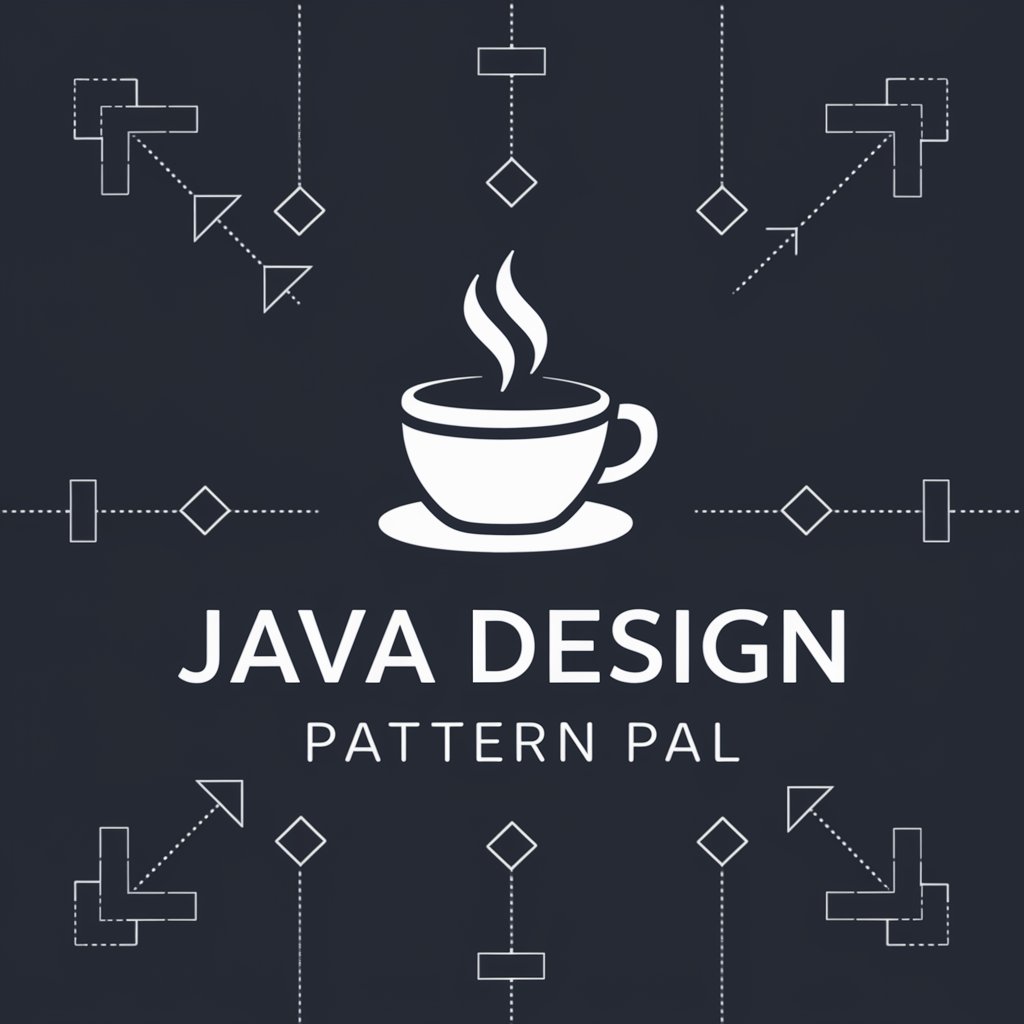
Art Authenticator Guide
Unveiling the Truth with AI-Powered Art Authentication

Market Analysis GPT
Empowering Decisions with AI-Powered Market Analysis
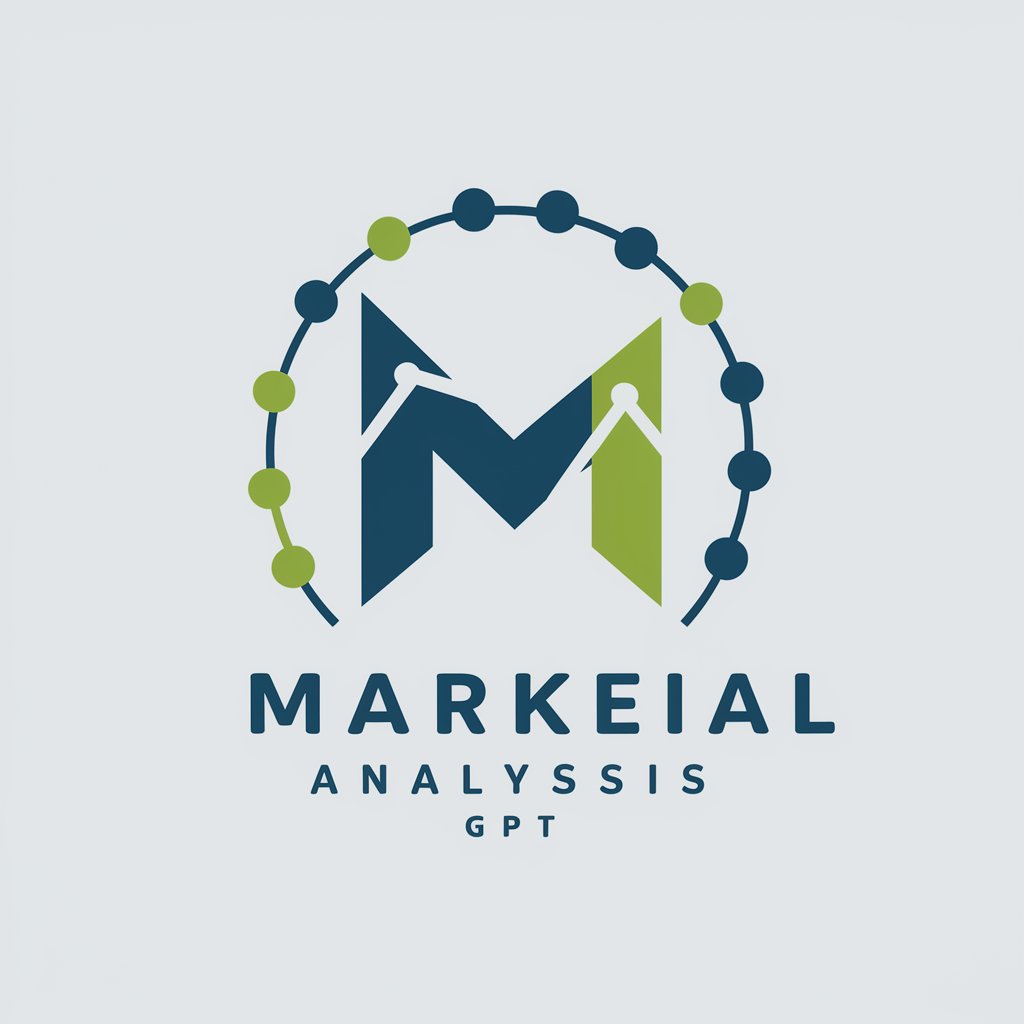
Coach-For-All
Empowering decisions with AI coaching

PromotionsGPT
Empowering Your Online Presence with AI

AI Fashion Trend
Styling the Future with AI

HyperPop Art Creator
Bringing Your Vision to Life with AI-Driven Pop Art

Data Digest AI
Transforming Data into Insights with AI
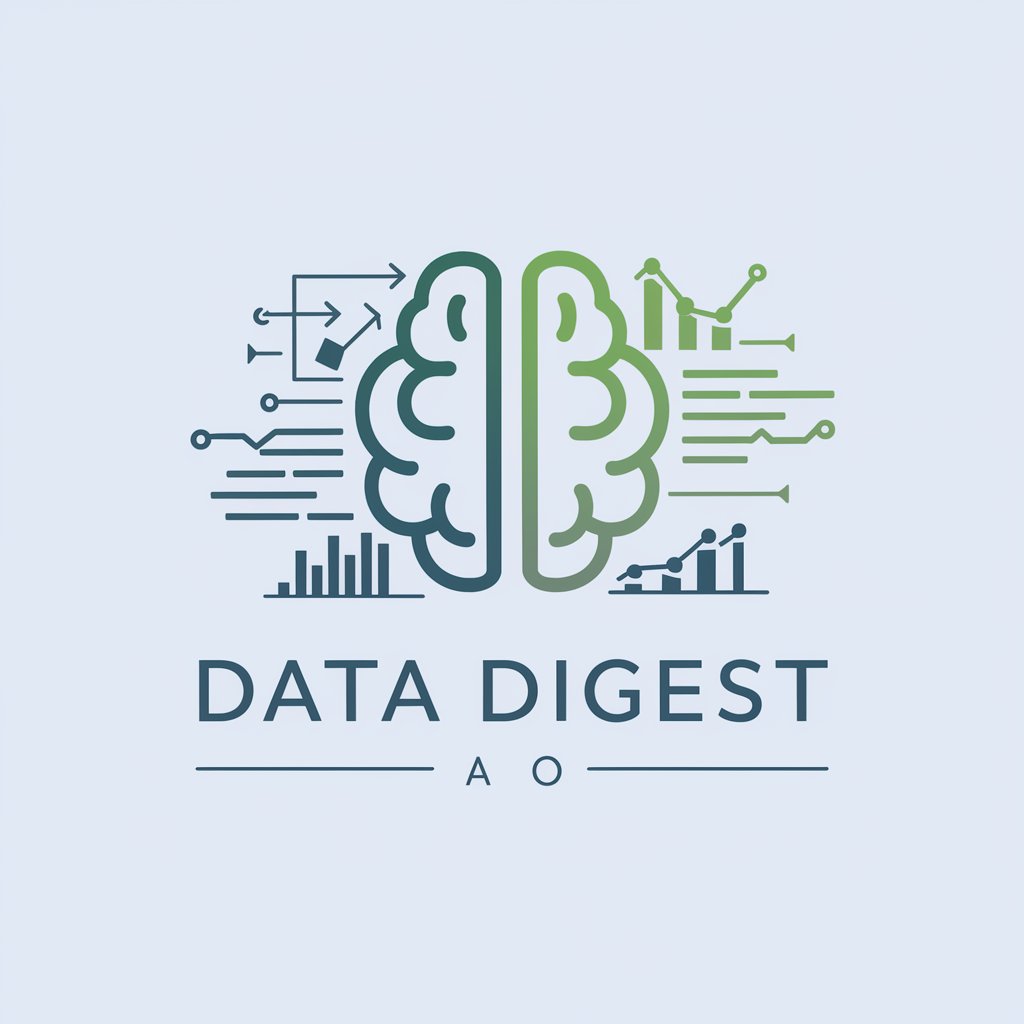
Q&A about Pelles GPT for MEP Engineers
What makes Pelles GPT uniquely suited for MEP engineers?
Pelles GPT is designed with the specific needs of MEP engineers in mind, offering tailored solutions and insights into complex engineering challenges. Its extensive database includes codes, standards, and design principles relevant to mechanical, electrical, and plumbing engineering, enabling it to provide highly accurate and contextually relevant advice.
Can Pelles GPT help with code compliance for HVAC systems?
Yes, Pelles GPT is equipped to offer guidance on code compliance for HVAC systems, incorporating the latest industry standards and regulations to ensure that your designs meet all necessary legal and safety requirements.
How does Pelles GPT handle complex calculations for load assessments?
Pelles GPT utilizes advanced algorithms and a comprehensive understanding of MEP principles to perform complex calculations, such as load assessments. Users can input specific project parameters, and the AI will generate accurate load estimates and recommendations.
Is Pelles GPT capable of providing design optimization suggestions?
Absolutely. Pelles GPT can analyze your MEP designs and offer optimization suggestions to improve efficiency, sustainability, and cost-effectiveness, leveraging its AI capabilities to identify potential enhancements and alternatives.
Can I use Pelles GPT for educational purposes in MEP engineering?
Definitely. Pelles GPT serves as an excellent educational tool for MEP engineering students and professionals alike, offering detailed explanations, examples, and case studies to facilitate learning and professional development.
